Op-Ed: An Open Letter About the Black Lives Matter Movement
April 5, 2021
2020 was a year of many challenges and changes for our society. The Coronavirus left almost all of us stuck at home, and while this change made many aspects of our lives more difficult, it became a pivotal moment for many different political movements, specifically the Black Lives Matter movement. During the pandemic, the movement gained more traction for its fight for equality for people of color.
On May 25, 2020, the horrific footage of the murder of George Floyd circulated across the nation. His death sparked outrage among millions of people around the country and started a much-needed conversation about police brutality, specifically the rapidly increasing number of cases toward people of color. However, even with all of the public attention being brought toward the Black Lives Matter movement, we still saw many protesters being met with tear gas and rubber bullets. It is because of this that we must ask ourselves two big questions. One, would these protesters be treated the same if they were protesting for any other reason? And two, why is it that protesters who fight for the rights and equality of Black people are consistently treated less kindly than their white counterparts?
Before I continue, I would like to tell you a little bit about myself. First of all, I am a woman of color myself who has participated in nearly every Black Lives Matter protest I have had the opportunity to. The many acts of police brutality have not only made me scared for myself, but for my little brother, my father, my future children, and every single person who looks like I do. One of the scariest parts of growing up and becoming an adult is realizing that I may one day bring children into this world filled with hatred. The thought that my future children and my little brother will grow up having everything stacked against them, simply based on the color of their skin, before they even have the opportunity to make an impression themselves fills me with anger, fear, and a desire to make change. I truly believe that with each protest I attend and political statement that I make I am helping to make a move in the right direction, but to have even more people on board may truly mean that by the time I have my own children and my brother is older, they may be able to do simple things like, go to the store, drive a car, attend a job interview, and go for a walk without the fear of being racially profiled by those around them.
The mistreatment and prejudice towards Black people is not anything new. We are taught in our history books that the Civil Rights Movement occurred only in the ‘60s, but if you read beyond the American history book, you will see that Black Americans’ fight for equal rights started far before the ‘60s, and we still have quite a ways to go. In recent years, we have seen many peaceful protests for the improvement of Black lives being met with pure hatred. One of the most talked-about examples of this is when Colin Kaepernick began kneeling during the national anthem in solidarity with black people faced with police brutality. His form of peaceful protest was not anything new to the NFL. However, when he began to do this, he was faced with death threats and many people blamed him for a drop in ratings for NFL football. Former President Donald Trump even called upon NFL owners to release players who took a knee during the national anthem. This harsh reaction came in 2017, almost 4 years after Tim Tebow took a knee because he was a Christian. This is an example of two Christian men, both peacefully making a statement on the field, but while one was openly accepted by many, the other lost his place in the league and was hated by many. The only true difference between these two is the color of their skin, which really shows that people get more uncomfortable when a Black person is protesting for something they believe in than when a white person does the exact same thing.
This idea was solidified for me recently when I read an article about the Capitol Riot titled, “Black Capitol rioter denied bail while many White participants granted release.” Based only on that title, it shows prejudice towards minorities in two ways. Similar to Kaepernick, this Black man is facing much worse consequences for doing the same thing as the white people around him. Not only is this man spending much longer in prison than his white counterparts, but while the white people who participated in the riot are simply called participants, this man is referred to as a rioter, which has a much more violent connotation.
Many people have placed much of the blame for the recent spike in open racism and bigotry in our country on our former president. While I may agree that he did play a part in this, I feel that we must also hold ourselves accountable for our actions and thoughts. We can not idolize our politicians and pretend that having a Democrat in office is somehow going to make this all better. No politician, regardless of their political party and views, can completely change the way that our country has been structured since it was founded. As citizens of this country, we need to hold ourselves and those in power accountable for their actions and continue to make our voices heard in order to make a real change.
I know that to those who may not feel directly affected by the things I wrote above, this may not seem as urgent, and you may finish reading this and never discuss this again. However, I ask you to be selfless, to use your privilege and your voice to help those who need it most. Everyone should protest, vote, and fight for a real change in the way our society functions. White people make up the majority of this country’s population and its voters, so it is so important that you make your voice heard, and consider the most vulnerable people when you go to cast your vote or make a political statement. It is my belief that if we all truly come together to fight for a change, we will truly make a difference and create a safer environment for people like me, my family, and all future generations of Black Americans.


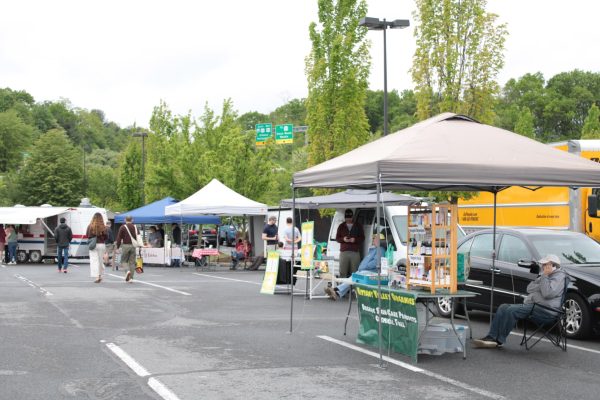
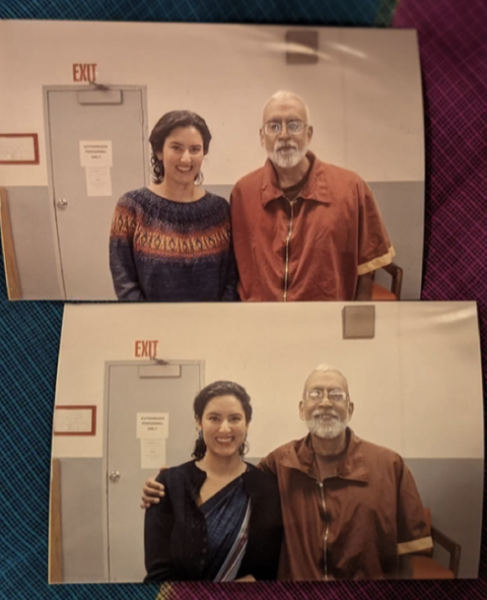
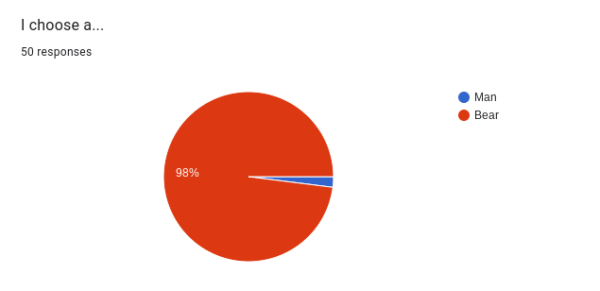
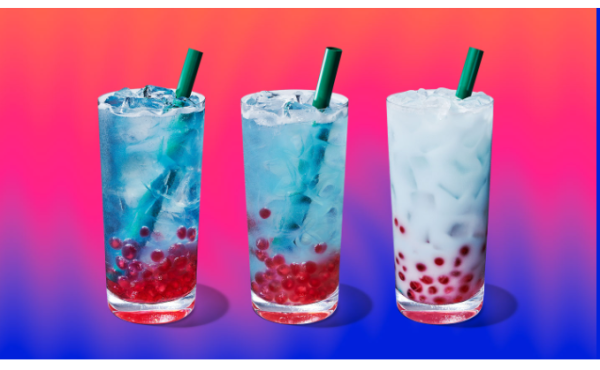
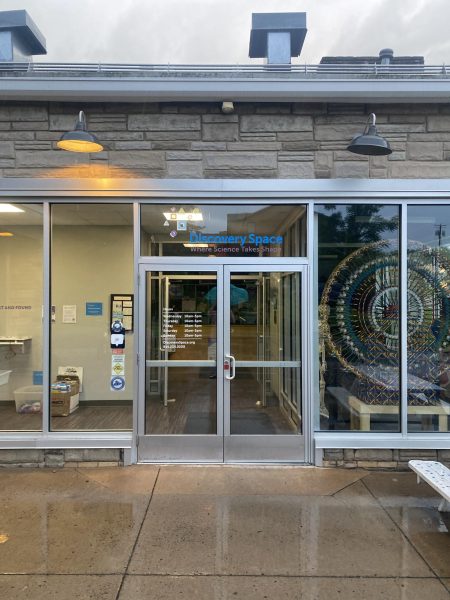
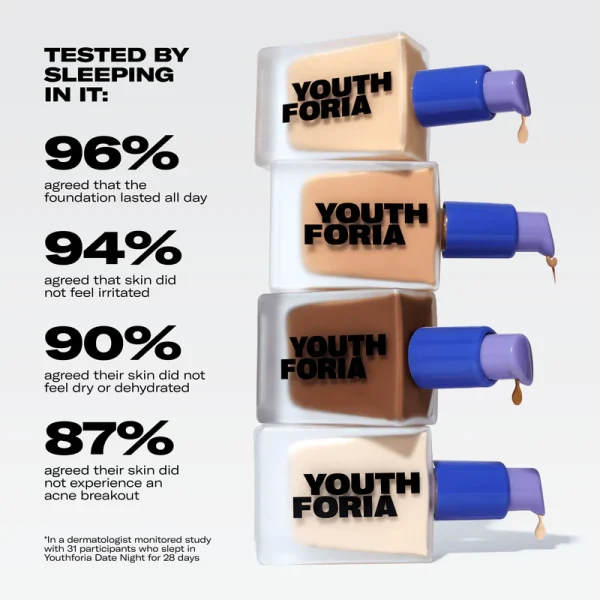
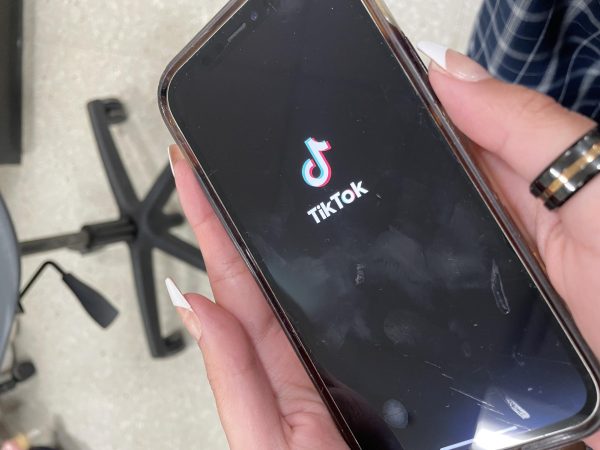
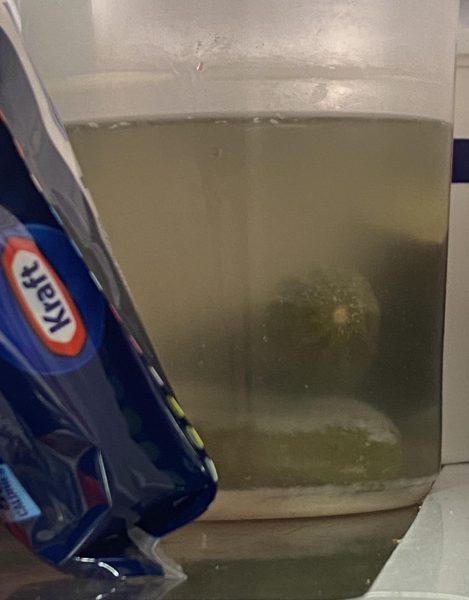
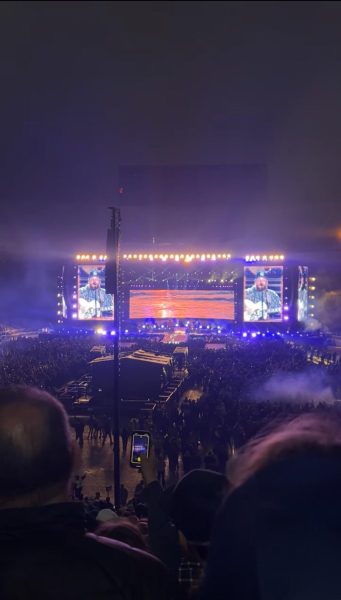
S. Janney • Apr 7, 2021 at 9:03 AM
I am 75 years old and I remember many of the events you write about in your excellent article. Yours is one of the best statements of the pervasive problem of racism in our country I have read. Thank you.